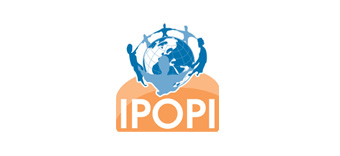March 25, 2021
More PID diagnostic tests included in the WHO EDL
The World Health Organization (WHO) published on January 29, 2021, the third edition of the Model List of Essential In vitro Diagnostics (EDL). For the second year in a row, tests for diagnosing primary immunodeficiencies (PIDs) have been included in this Model List.
In this edition, the WHO has accepted IPOPI’s proposal to expand the list for the lymphocyte subtype enumeration and the additional evidence required for tests provisionally accepted in 2019. The tests considered as essential for PID diagnosis are:
- Complete blood count;
- HIV ½ antibody (anti-HIV Ab);
- Immunoglobulin plasma levels (IgG, IgA, IgM)
- Lymphocyte subtype enumeration (CD3, CD4, CD8, B cells CD19 and/or CD20, CD16/56 T cells and NK cells)
This is a key achievement for the PID community and IPOPI has been very keen in ensuring that PIDs were included in the WHO Model List of Essential In vitro Diagnostics, as they were several years ago, recognised as a priority indication for immunoglobulin replacement therapies for children and adults. IPOPI is willing to continue working with stakeholders around the world to ensure that diagnosis can be made and that people with PIDs can receive swiftly their diagnosis in order to spare them serious health complications.
IPOPI would like to express its gratitude to Prof Helen Chapel, Dr Nizar Mahlaoui, and the many medical experts that with their time and guidance made the applications a success. We would also like to thank all the experts from the international immunological societies that contributed to the application.
About the WHO Essential Diagnostics List (EDL): the EDL recognises that In vitro Diagnostics (IVDs) are essential for advancing universal health coverage, addressing health emergencies and promoting healthier populations. It is expected to provide guidance and serve as a reference for member states that are developing and/or updating national EDLs for interventions within universal health coverage and for selecting and using IVDs. It will also be informative for United Nations agencies and nongovernmental organisations that support selection, procurement, supply, donation or provision of IVDs and will inform the private medical technology sector about the diagnostic priorities and the IVDs necessary to address global health issues.

